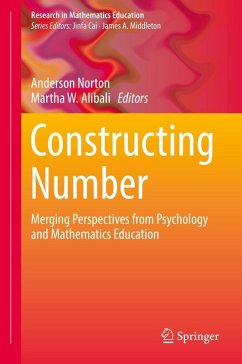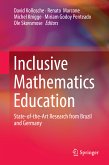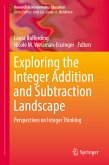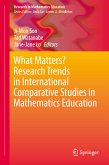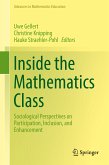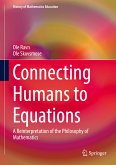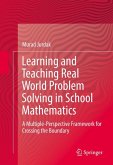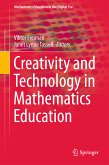The book synergizes research on number across two disciplines-mathematics education and psychology. The underlying problem the book addresses is how the brain constructs number. The opening chapter frames the problem in terms of children's activity, including mental and physical actions. Subsequent chapters are organized into sections that address specific domains of number: natural numbers, fractions, and integers. Chapters within each section address ways that children build upon biological primitives (e.g., subitizing) and prior constructs (e.g., counting sequences) to construct number. The book relies on co-authored chapters and commentaries at the end of each section to create dialogue between junior faculty and senior researchers, as well as between psychologists and mathematics educators. The final chapter brings this work together around the framework of children's activity and additional themes that arise in the collective work. The book is aimed to appeal to mathematics educators, mathematics teacher educators, mathematics education researchers, educational psychologists, cognitive psychologists, and developmental psychologists.
Dieser Download kann aus rechtlichen Gründen nur mit Rechnungsadresse in A, B, BG, CY, CZ, D, DK, EW, E, FIN, F, GR, HR, H, IRL, I, LT, L, LR, M, NL, PL, P, R, S, SLO, SK ausgeliefert werden.

